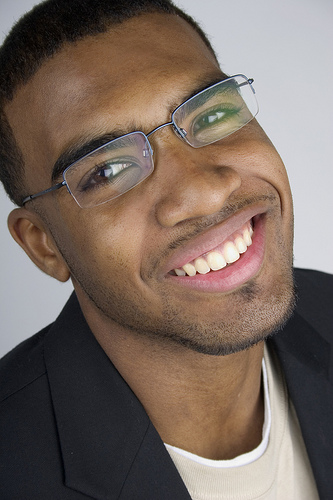How do I know when I have a cavity?
December 20th, 2016

Dr. Carl Meyers and our team at Pioneer Dental frequently field questions about cavities and what causes them. Patients will typically ask, “I brush twice a day and floss regularly, as well as rinse with hydrogen peroxide, so a cavity is unlikely, right?”
Not quite.
When cavities, also known as caries, are in their initial stages, people often will feel no symptoms, and they won’t experience any pain or discomfort. It’s not until the tooth decay has reached a certain level that patients begin to notice the signs. If you are experiencing any of the following symptoms, you may want to consider scheduling an appointment with Dr. Carl Meyers as soon as possible:
- Dull or sharp toothache
- Tooth sensitivity or mild to sharp pain when eating or drinking something sweet, hot, or cold
- Persistent bad breath or a bad taste in the mouth
- The presence of a sticky, tarry feeling when biting down
- Puss or discharge around a tooth, especially when pressing on your gums
- Visible holes or discoloration in your teeth (usually black or brown)
Cavities can happen at any time, to anyone, no matter how old you are. Routine dental care is important to prevent cavities or the onset of tooth decay, so it is important to visit Dr. Carl Meyers and our team at Pioneer Dental for regular cleanings. If you are overdue for a checkup or think you may have a cavity, please give us a call at West Bend, WI office to schedule an appointment.






